Bangladesh’s banking sector is experiencing the most severe capital crisis in its history.
Compared to the September quarter, the deficit increased by Tk1,18,534 crore in just three months.
Due to the capital shortfall, most banks are now stuck at the single borrower exposure limit. As a result, they are unable to issue large new loans, creating a major obstacle for small and medium enterprises (SMEs).
Additionally, credit ratings for these banks are deteriorating due to provisioning shortfalls. This is making fund collection from both domestic and international sources increasingly expensive.
Experts say the crisis is affecting not just the banking sector, but the overall economy.
Without immediate and effective measures such as capital restructuring, strengthening provisioning policies, and ensuring transparent loan management, the country risks facing a far more serious financial disaster, they added.
CRAR at critical levels
The report, published under the Basel III guidelines, further shows that the Capital to Risk (Weighted) Asset Ratio (CRAR) in the banking sector dropped to just 3.08% by the end of December.
International standards require a minimum of 10%. In the previous quarter, CRAR stood at 6.86%, meaning it was halved in just one quarter.
Banks most at risk
State-owned Janata Bank has the highest capital shortfall at Tk52,890 crore. Other banks with significant shortfalls include:
- Bangladesh Krishi Bank: Tk18,188 crore
- First Security Islami Bank: Tk13,991 crore
- Islami Bank Bangladesh Ltd: Tk12,885 crore
- National Bank Ltd: Tk7,798 crore
Additionally, four other banks have newly entered the capital deficit list.
NPLs and provisioning shortfall
At the core of the capital crisis lies the issue of non-performing loans (NPLs).
In the last six months of 2024, the volume of NPLs rose to Tk3.45 lakh crore—20.2% of total loans.
Consequently, 13 banks now face a combined provisioning shortfall of Tk1,09,318 crore.
A senior official of Bangladesh Bank told Bangla Tribune that due to increased provisioning rates, the March data might reflect an even worse situation. "Previously, only 1% provisioning was required for SMA loans; now it is 5%," he said.
Expert opinions
Experts argue that the capital crisis in Bangladesh’s banking sector is not just a reflection of weak financial indicators—it is a direct blow to the country’s overall economic stability.
Without effective reforms, accountability, and a politically neutral financial system, a major financial collapse seems inevitable, as per experts.
Former NCC and Meghna Bank managing director Mohammed Nurul Amin told Bangla Tribune: “Due to rising NPLs, banks are failing to meet provisioning requirements, putting further pressure on capital.
“Many facts were previously hidden due to political influence from the former government—now they are coming to light.”
Former World Bank chief economist Dr Zahid Hussain said: “If irregularities are not addressed before capital restructuring, the crisis will worsen significantly.”
Politicized loans and identified defaulters
Experts cite politically motivated loan distributions during the previous Awami League government as a major cause of the crisis.
Janata Bank alone has around Tk67,000 crore in single-borrower defaulted loans, a large portion of which is tied to known groups like S Alam, Beximco, AnonTex, and Crescent.
Consequences and impact
Because of the capital deficit, these banks are unable to maintain the single borrower limit, restricting new loan disbursement.
This is most harmful to small and medium-sized entrepreneurs. At the same time, declining credit ratings are making fund collection from both local and international sources more expensive.
The way forward
To resolve the crisis, analysts have recommended several urgent reforms.
They emphasize the need to swiftly pass the Bank Resolution Ordinance in order to take legal action against defaulting and weak banks.
Equally important is the re-establishment of Bangladesh Bank’s institutional independence, allowing for a regulatory system free from political influence.
Transparency in loan disbursement and rescheduling must be ensured, and corruption must be addressed through proper accountability and justice.
Strengthening the provisioning policy framework is also necessary to prevent financial weaknesses from being hidden.
The merger and acquisition (M&A) process for underperforming banks should be expedited, while any injection of public capital must be carried out with strict oversight—no recapitalization should occur until irregularities are fully addressed.



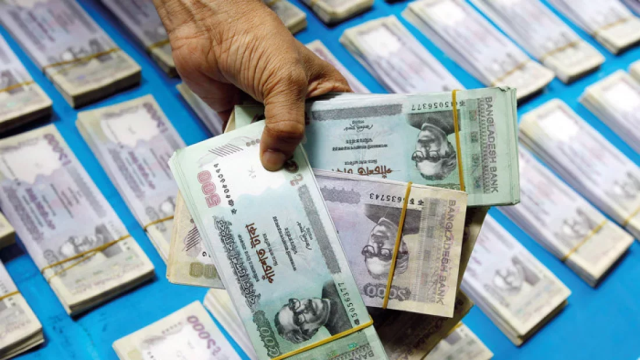
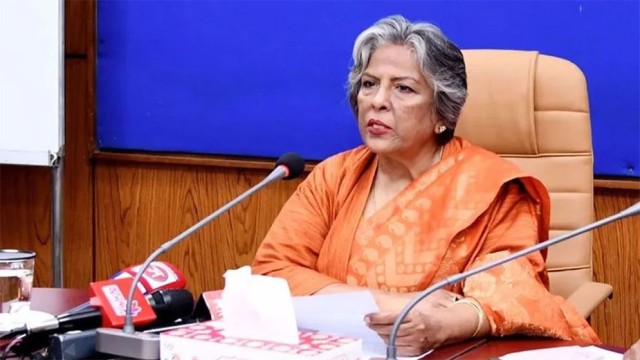
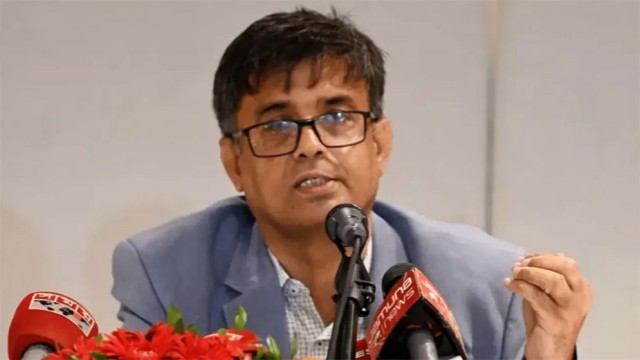
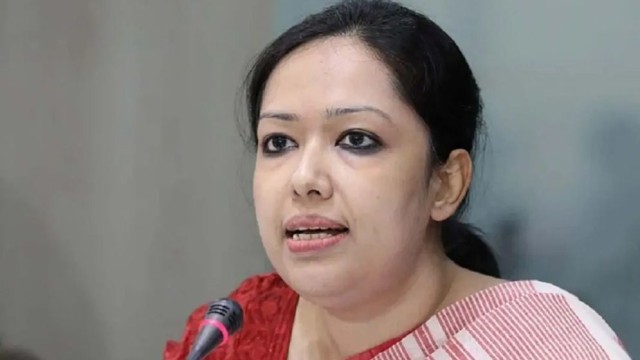
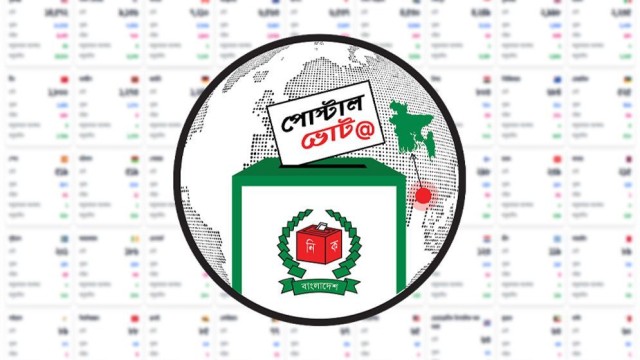
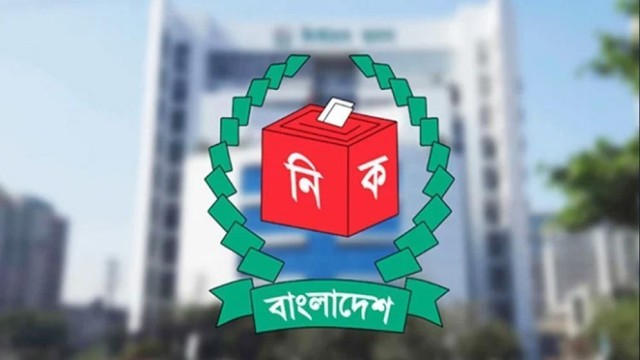
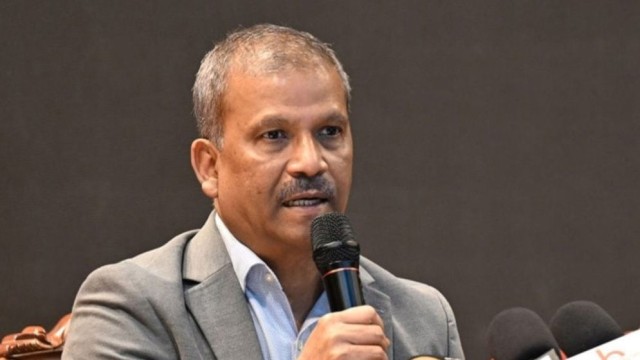
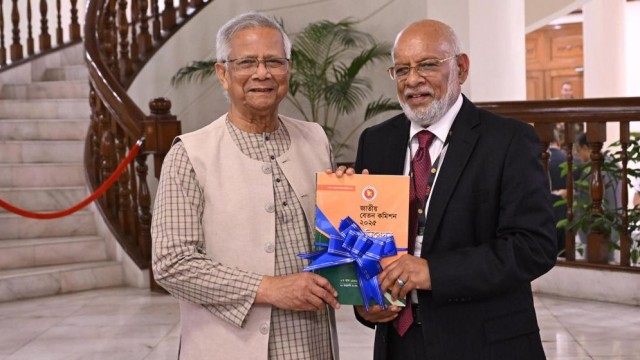
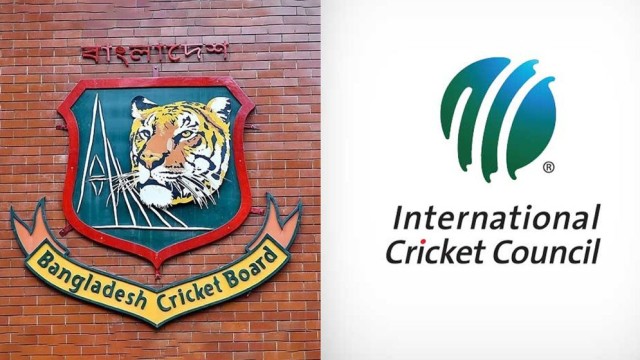



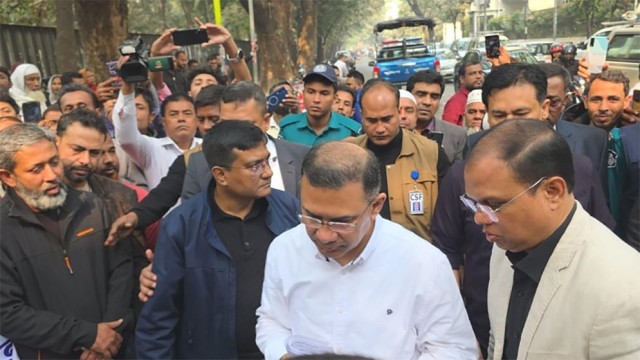
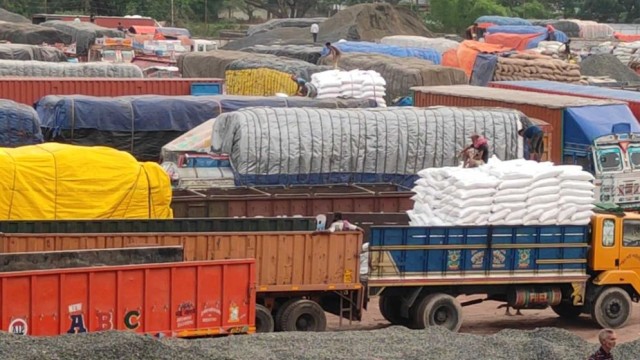











Comment: